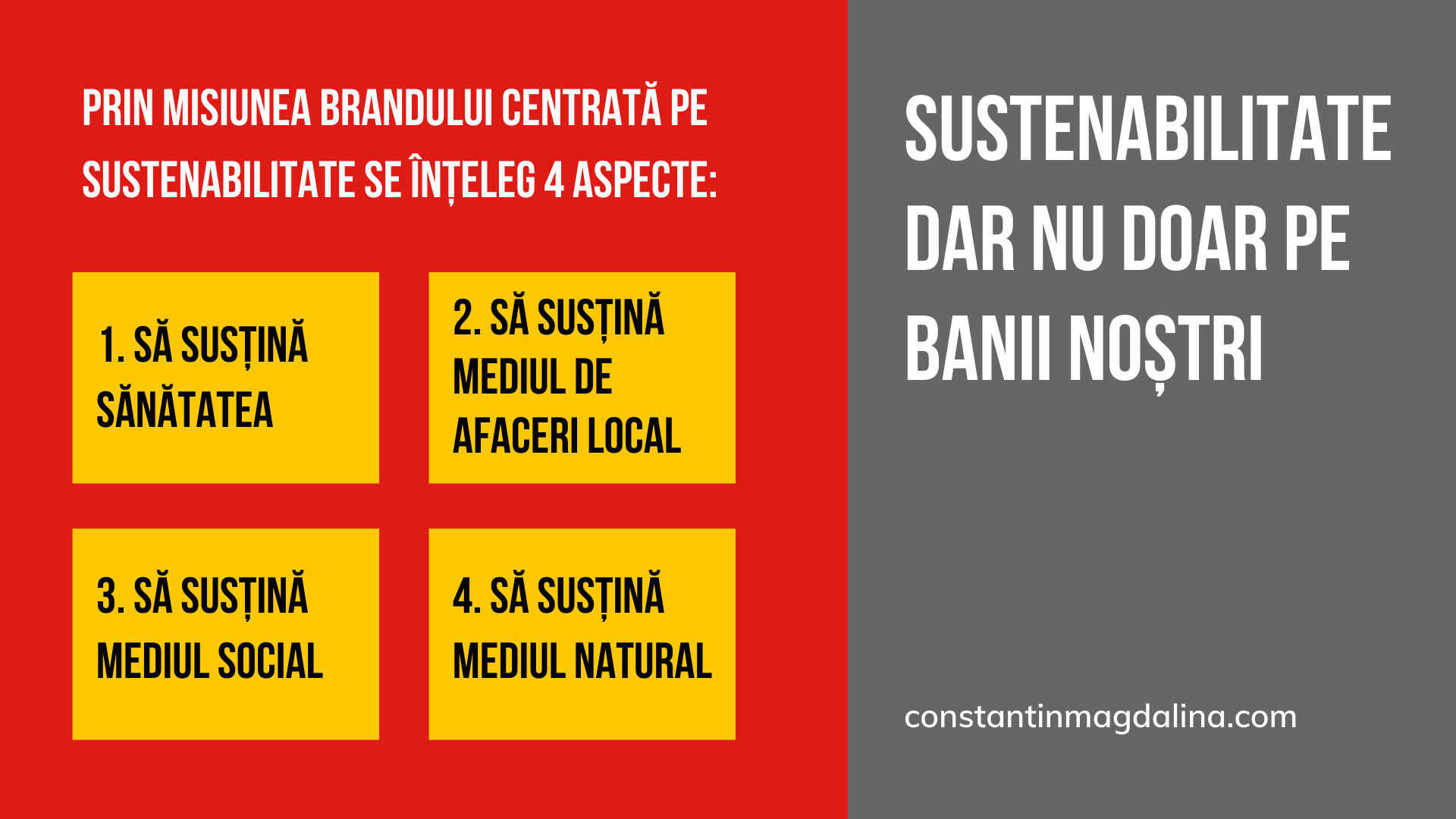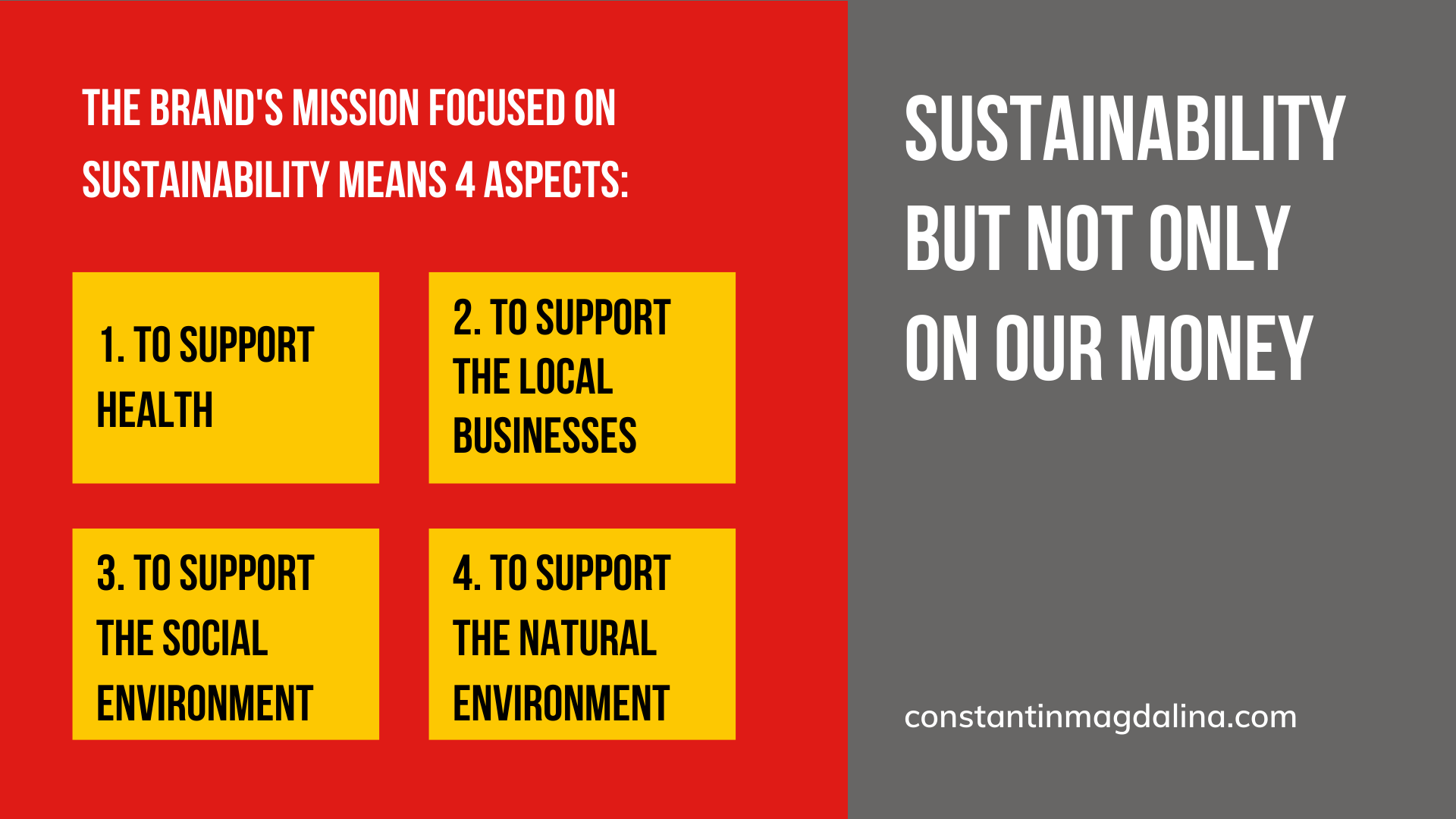The pandemic gave us the opportunity to discover some questions that only extreme situations require. The possibility of contacting the virus has led to existential crises. The questions overwhelmed us: What can I do with the time I still have in case of a fatal contamination? We were stimulated with gratitude for a happy ending: How can I better allocate my time and money to sustainable causes on a personal and community level.
This shapes the sense of responsibility of each individual as a consumer for healthy living in a clean environment. Sustainability is self-imposed by the growing number of its supporters as a very important issue on the public agenda.
Accelerate the adoption of sustainability policies
Under growing pressure from sustainability advocates, political, social and business circles are mobilizing to include issues such as climate change, poverty and social justice on their agenda.
Extreme weather events in highly economically and politically influential countries shift the focus to the adoption of a policy with a strong sustainability component at European Union level.
The general transformation backdrop correlates with the changing expectations of consumers regarding brands, with a changing behavior of companies regarding sustainability, but also the new way in which CEOs position themselves in relation to sustainability.
Once economic restoration becomes a reality, consumers' intention will be to pay even more for the products or services of companies that support health, the environment, disadvantaged communities, education and other beneficial causes for society.
Companies see this trend as an opportunity
But few have the installed reflex of concrete action to support these causes other than with the wallet. This creates an opportunity for companies that understand this trend of sustainability among consumers and transforms to capitalize on them.
What can companies do? Create products that address the nuanced concerns of savvy consumers and ensure that the value chain that supports their brands can meet their expectations.
What can CEOs do: Adopt sustainability as a factor that generates value. Be authentic and prove it. To rethink its business model for sustainability.
Future contexts will reshape value systems
Beyond passenger relaxation of the restrictions imposed by the pandemic, more and more countries are sounding the alarm about the next wave of the pandemic. People around the world are still deeply concerned about their future, and in these difficult times, it is important to look at the growing interest of consumers in sustainability issues as an opportunity for growth, not just as another risk or cost.
We need to understand that the pandemic experience has reshaped attitudes towards sustainability. Depending on the magnitude of the pandemic, the economic impact, education, generation, income and community values we can envisage differences from one country to another in relation to what consumers value.
Many of these hypotheses are validated by the McKinsey study on consumer sentiment. The study carried out on the peak of pandemic states that through different buying behaviors, over 65% of consumers express a high intention to incorporate these behaviors in the future.
Beyond price sensitivity and shifting online shopping habits, added value and brand mission are the main reasons for buying for consumers. The mission of the brand centered on sustainability comprises four main aspects: 1. to support health; 2. to support the local business environment; 3. to support the social environment; 4. to support the natural environment.
In conclusion
Many consumers want to buy guided by sustainability criteria, but they need companies that make it possible for them.
Even if they wanted to, consumers could not afford to pay more for sustainability; the price remains their number one purchase criterion. And many of those consumers who are willing to make a choice close to sustainability do not have access to products that reflect their changing values.
In order to make products relevant to sustainability accessible to consumers, companies can:
- Launch products that generate less waste or emissions and last longer, thus reducing costs and making them more accessible.
- Design products, services and new business models that profitably serve customers and the environment as part of the circular economy.
- Cooperate even competitively to combat industry-wide issues, finding quick solutions that lower production costs.
About Constantin Magdalina
ConstantinMagdalina has over 10 years of working experience, while he performed in multinationals both in Romania and abroad. Constantin has a master’s degree in Marketing and Business Communication from the Academy of Economic Studies Bucharest. He is certified in Lean Six Sigma and ITIL which provide him a good understanding of processes and transformations within organizations. The Chartered Institute of Marketing certification furthered complemented his expertise and knowledge in business. In those over 4 years of working activity in a Big4 company, he initiated and conducted studies that analyzed different aspects related to the business environment in Romania such as the economic growth predictions of companies in 2013-2016, knowledge management, the buying experience in the age of digital consumers, social media 2013-2015, the utilization of mobile devices in Romania. He is the author of numerous articles on topics related to innovation, the efficiency of business processes, social media, the consumers’ buying experience in the age of digital, trends, and emergent technologies. He is invited as a speaker at numerous events and business conferences.



































